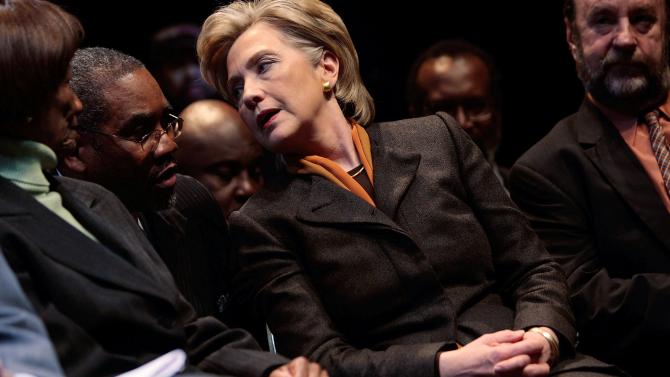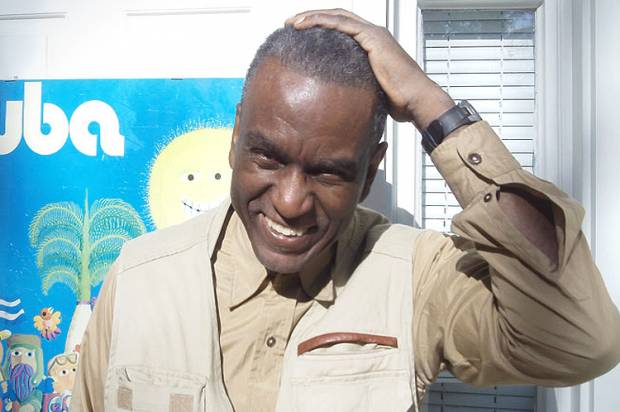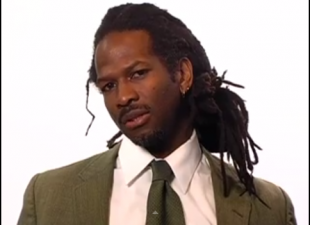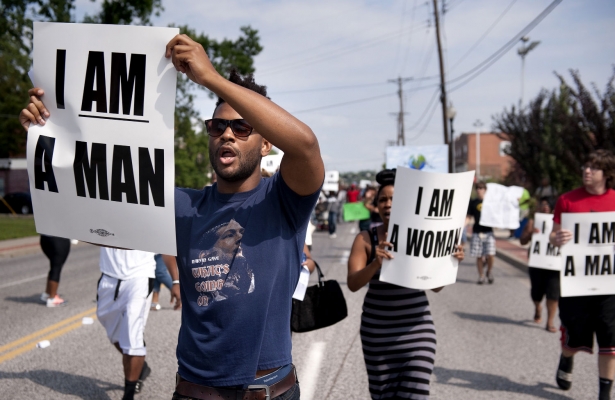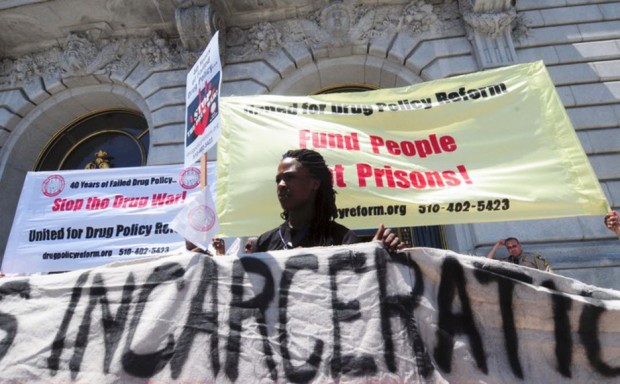
Profiteers and their political allies don’t give up the ship without mobilizing all their resources for the fight. They will grant small concessions, window dress their past practice, even invite their most intransigent enemies into the tent, but they will not change unless a political force emerges that compels them to do so.



